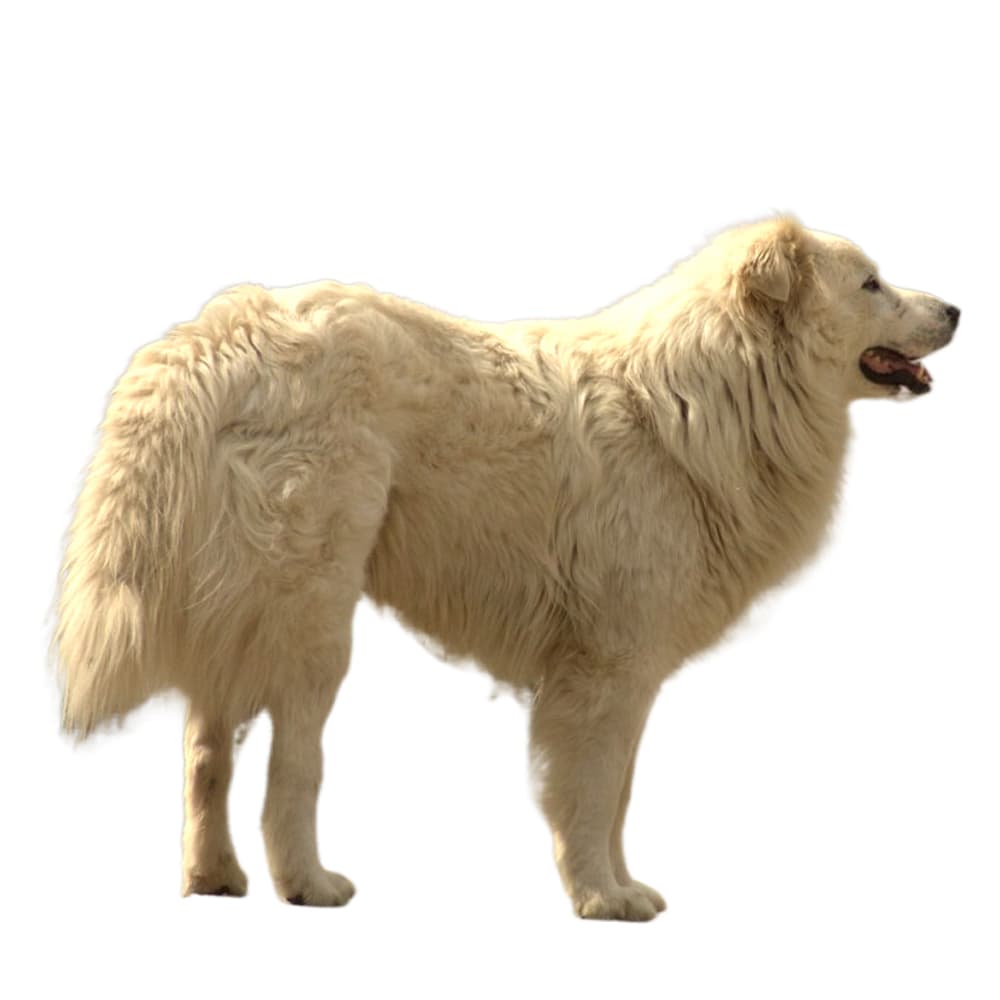Discover your dog's connection to this breed and 200+ others


Discover your dog's connection to this breed and 200+ others



The Abruzzese Mastiff, also known as the Mastino Abruzzese, originates from the Abruzzo and the Marches regions of Italy. It is a breed with ancient roots, believed to have descended from the ancient Molossus dog of the Romans and has been used for centuries as a guardian of livestock, particularly sheep, against wolves and other predators. The breed is also known for its contributions to the formation of other Mastiff and Shepherd types throughout Europe.
Masinoabruzzese are known to be generally healthy dogs, but as a larger breed they are at risk for developing orthopedic problems, such as hip and elbow dysplasia. Genetic testing is recommended, including for the following specific conditions: hyperuricosoria, degenerative myelopathy, and progressive rod-cone degeneration.
Known for their loyalty and protective nature, Abruzzese Mastiffs are considered excellent guardians. They are generally calm, gentle, and very attached to their families, displaying a sense of alertness and seriousness when it comes to their work. Despite their protective nature, they are known to be good with children and other pets if socialized from an early age. Training these dogs requires patience and consistency due to their independent nature.
The Abruzzese Mastiff is known to "blend in" with the sheep that they guard, due to their coat color often being similar to that of the sheep. This camouflage tactic allows them to surprise predators.
Despite their large size and impressive strength, these dogs are known for using psychological intimidation tactics rather than physical force to deter predators.
Recommended by top vets with decades of experience
21 breeds
64 genetic health markers
50 genetic trait markers
